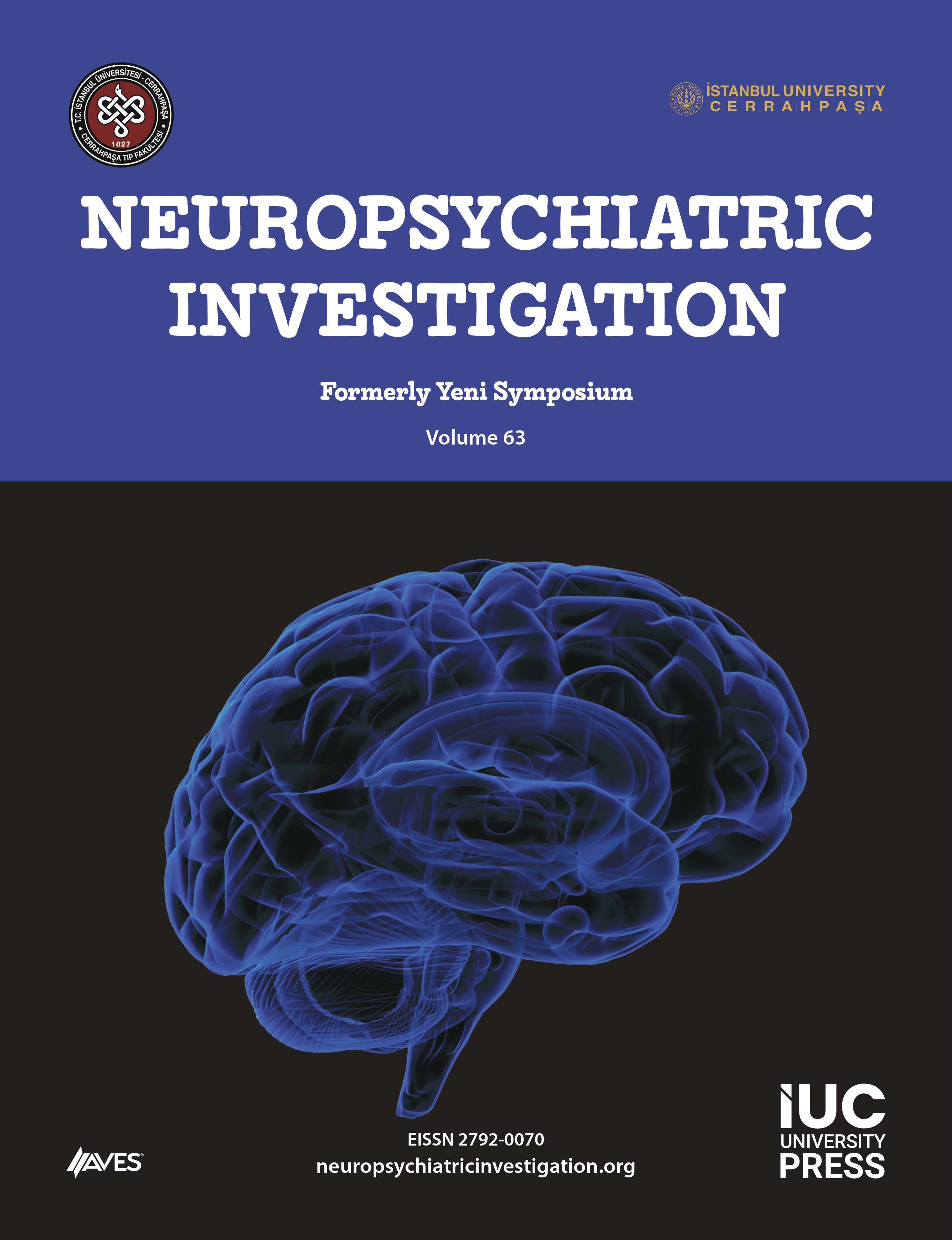Objective: This methodological study aimed to investigate the relation of resilience to anger expressions, trait anger, and self-compassion in 170 Turkish women who experienced domestic violence and sought legal help.
Method: The study had a descriptive and cross-sectional design. Data was collected using self-report measures.
Results: The perpetrator of domestic violence was the husband in 33.5% of the cases. It was found that 18.8% of the women got married before the age of 18. The participants had relatively high resilience scores. Results of the hierarchical multiple regression analysis showed that higher self-compassion, anger control, and trait anger were significant predictors of resilience, explaining %36.8 of the total variance.
Conclusions: According to the results, secondary prevention programs aimed at cultivating self-compassion and anger control carry the potential to promote resilience in women at risk for domestic violence.




.png)